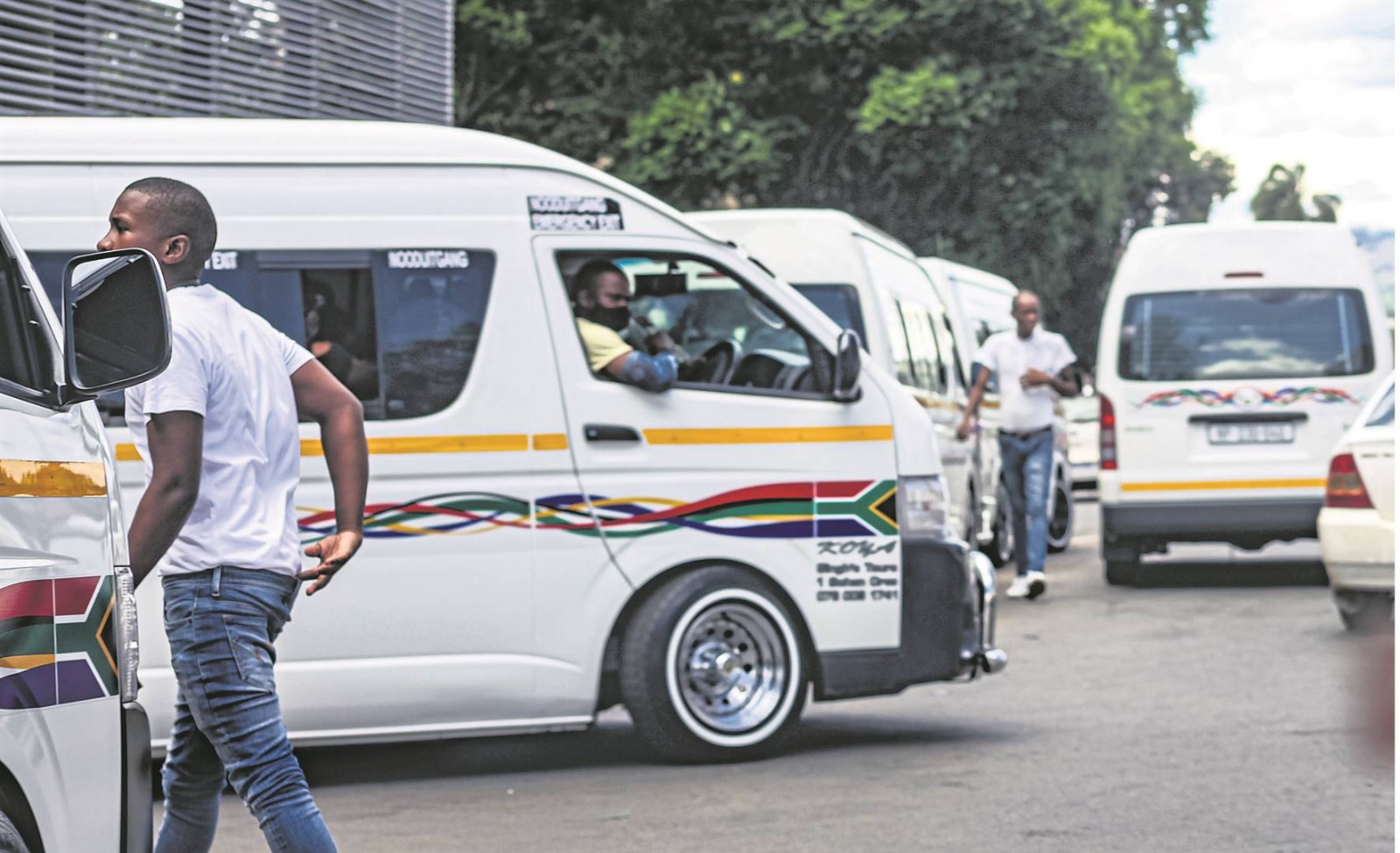News
South Africa’s Taxi Wars: Families Demand Freedom to Travel Without Fear

A Nation Held Hostage on Its Own Roads
South Africa’s roads are turning into battlegrounds, with ordinary people caught in the crossfire between taxi operators, e-hailing drivers, and private motorists. What should be routine daily commutes have morphed into dangerous encounters, leaving families, workers, and business owners living in fear.
For Soweto resident Nomvula Maseko, the tipping point came after the brutal killing of 27-year-old e-hailing driver Mthokozisi Mvelase, whose body was burned near Maponya Mall. “People must not be forced into taxis. We want freedom to use our cars or e-hailing without fearing for our lives,” she said during a community protest outside the mall.
Her words echo a growing public sentiment: South Africans feel bullied into surrendering their right to choose how they travel.
Families Under Siege
Recent weeks have brought disturbing accounts from both Gauteng and KwaZulu-Natal. In Durban, reports circulated on social media and niche news sites that a family of three was dragged from their car by taxi operators who allegedly claimed they should have been using a taxi. Believing it to be a hijacking, the family reportedly contacted their tracking company, which intercepted the car and subdued the suspects.
However, the KwaZulu-Natal Department of Transport has denied these claims, stressing that no such rule exists and that pulling people from cars is illegal. MEC Sipho Duma nonetheless condemned taxi-linked intimidation more broadly, warning that the province “will not be held hostage by criminal elements hiding behind the taxi industry.”
For parents, the situation cuts deep. Many rely on their cars to take children safely to school. “Why should my child be forced into a taxi when I have a safe, reliable car at home?” asked one father on social media. Families feel they are being punished for choosing security over uncertainty.
@student_confessions_101 SANDF TAXI SANTACO #santaco #sandf #taxi #uber #bolt @Shein_Finds ZA ♬ original sound – STUDENTS_CONFESSIONS-101
Social Media: A Window Into Fear
Platforms like X (formerly Twitter) are flooded with posts from frightened motorists. Videos show taxis blocking intersections, dragging passengers out of private cars, and forcing them into minibuses. One viral post sarcastically claimed taxi associations had launched “passenger-counting roadblocks” to stop families from travelling together.
Another user lamented, “We are now bullied more than ever. Taxis are forcing us to abandon our cars and e-hailing. They don’t care if you’re transporting your kids.”
The message is clear: people feel abandoned on the very roads they help pay for through fuel levies and taxes.
Government Steps In, But Is It Enough?
Gauteng MEC for Roads and Transport, Kedibone Diale-Tlabela, has promised to restore order, setting up meetings with law enforcement and Maponya Mall management. Commitments include protecting jobs, licensing operators fairly, and ensuring that “no passenger or operator should endure intimidation or fear.”
In KwaZulu-Natal, MEC Sipho Duma condemned the violence, warning that the province “will not be held hostage by criminal elements hiding behind the taxi industry.” Both officials have promised decisive action. Yet for many South Africans, trust in government promises is wearing thin.
The Taxi Industry’s Dilemma
The South African National Taxi Council (SANTACO) has distanced itself from the violence, insisting it never issued rules limiting passengers in private cars. Spokesperson Mmatshikhidi Rebecca Phala urged citizens to report harassment directly to police.
But civil society groups argue that denials are not enough. With taxis carrying 65% of all commuters and serving over 15 million South Africans daily, the industry is too powerful to operate without strict oversight. Critics say rogue operators exploit this dominance, knowing that enforcement is weak.
The Public’s Verdict
From Soweto to Durban, South Africans are saying the same thing: enough is enough. Parents want the right to transport their children safely. Workers want to get to their jobs without intimidation. Communities want the constitutional right to mobility respected.
Community leader Mandla Dlamini summed up the frustration: “Government must choose whether to protect the people or bow to the taxi industry.”
As pressure mounts, the next few weeks could decide whether South Africans reclaim their roads or whether fear continues to dictate how they move through their own cities.
Also read: Santaco Speaks Out on Taxi Violence and Social Media Misinformation
Follow Joburg ETC on Facebook, Twitter, TikT
For more News in Johannesburg, visit joburgetc.com
Source: African Times
Featured Image: News24



























